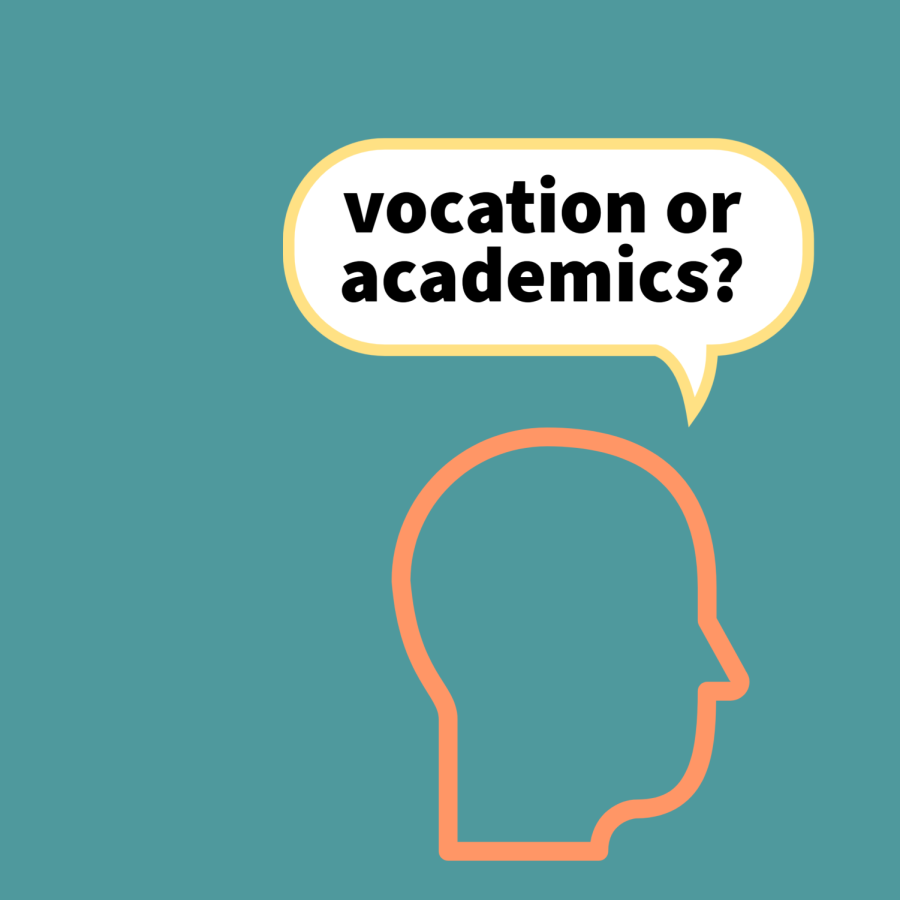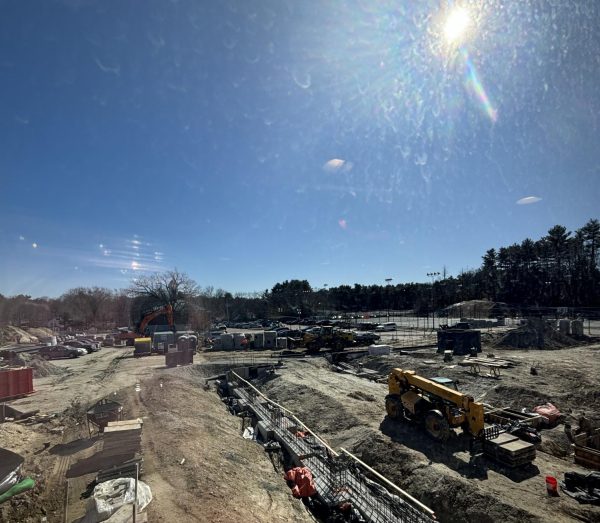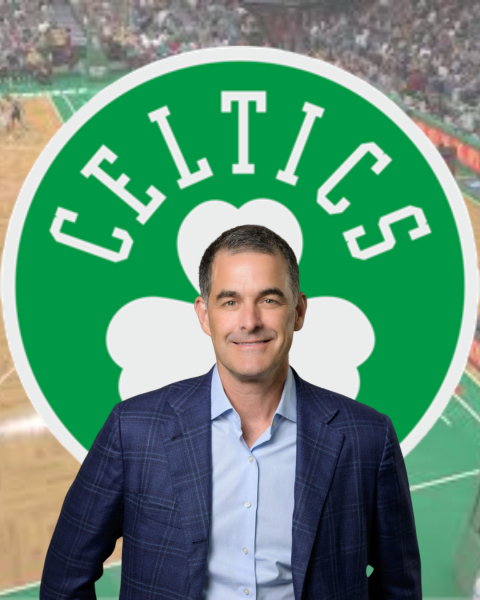The Preparedness Provided by Vocational Versus Academic-Focused High Schools
After high school, many students go to college, start a job or go into the military. Even those who do choose to go into a job often further their education post-high school at trade schools. With many routes to go after high school, only 65% of WHS juniors and seniors feel prepared for their futures. How does one know which route to go? With many post-high school options, how does high school prepare someone for their future options? Different types of high schools and even different towns and states have a different variety of options for classes and activities; therefore, future preparedness changes based on the school and the interests of the individual. Sometimes, there are multiple sufficient high school education options that can provide the needed preparation for the future. For example, if someone knows that they want to be a veterinarian, a public school may give them the needed academic or biology information, and the rest of the information could be learned in college. Also, an agricultural school as well as a vocational high school may also have options for veterinary preparation. Depending on future career goals, different high schools—just like different colleges—provide a more fitting curriculum over others, such as a vocational school having a better program for cosmetology than an academic school.
Students may feel unsure about their intended job field or even major when they enter college, never mind when entering high school. How does a student decide which high school to go to? What if they want to explore being a plumber but are not sure if that is the right choice for them and still want to consider going to college? Vocational schools may be the perfect option for them because they can explore plumbing and receive basic accreditations to start them on their path while still taking academic classes. A student can even take AP level classes just like public schools to prepare them for college while focusing on a trade. Vocational schools allow both academic and job exposure to give students a taste of what they may be interested in.
Vocational high schools are often overlooked, as 24% of WHS upperclassmen would now consider attending a vocational high school. Vocational high schools can be a valuable option for those students who find little interest in academics as many schools allow students to try out multiple trades before deciding on one. Even if a student is going between different fields such as the electrician and culinary shops, a vocational high school gives them the freedom to explore both while still having the option to go to college if a student changes their mind. Vocational schools have their pros and cons, which may change based on the student. If students want to focus on their shop where they learn a practice such as plumbing, they have the freedom to do that while learning more basic subjects academically. However, when trying to focus on both vocation and academics, the school or student may falter in both areas and lack a strong education in either.
Vocational schools can prepare students to enter trade schools but can also potentially allow less preparedness for college since students are only learning academics in shifts such as every other week.
Public and private schools that focus on academics often have the upper hand in preparing their students for college since they provide a greater variety of options for academic classes and have academic classes year round. Academic-focused high schools may have more variety of academic classes such as International Relations versus just a history course that may be offered in vocational schools. Alongside their academic preparation for areas of biology and calculus, academic-focused schools may also expose students to some job areas such as economics, accounting and computer science fields. Yet, most public schools lack classes for exposure to hands-on jobs that some students may be interested in. While vocational high schools prepare students for a wide scope of fields, academic schools provide a wide scope of academic fields. Academic-focused schools, including WHS, often do not provide a sufficient variety of electives rather than academics. Only 38% of high school students would rank the elective variety at WHS between a four and five in that it provides a great variety of electives. Therefore, with a strong focus on academics, students may not be able to explore all of their interests until after high school.
Both academic and vocational schools often lack exposure to jobs in the humanities. Even with relatively equal interest in the arts and humanities in relation to the STEM field among WHS students, it is more likely that a student takes multiple Advanced Placement or a variety of options in classes in the sciences and math areas in one year rather than the history and english fields. A student could take AP Physics and AP Biology or marine science and genetics in one year while in the english department, they could only take AP Literature or AP Language and Composition in one year.
Overall, high school provides a mixed preparedness and opportunities for college and the future, but often high school students can find outside programs to widen their growth even if electives fall short. There are many options for high school just like for the future, but students can also often fit their high school experience to whatever they may be looking for.

Grace Ryan, class of 2023, is the News Editor of The Searchlight. At Walpole High School, she is a part of Student Council, Community Service Club,...










